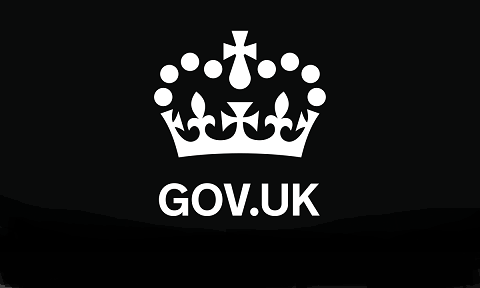A Guide to Public Sector Procurement
Public sector procurement is a cornerstone of national and local government operations, influencing how public services are delivered and impacting economic development.
Public sector procurement refers to the process by which government bodies and public sector organisations acquire goods, services, and works from external suppliers. This encompasses everything from purchasing office supplies to commissioning large-scale infrastructure projects. The primary goal of public sector procurement is to ensure that public funds are spent efficiently, transparently, and in a manner that provides the best value for money.
The Importance of Public Sector Procurement:
- Economic Impact: Public sector procurement represents a significant portion of national economies. By making strategic purchasing decisions, the public sector can stimulate local economies, promote innovation, and support small and medium-sized enterprises (SMEs).
- Transparency and Accountability: Proper procurement practices ensure that all public sector spending is transparent and accountable, reducing the risk of corruption and fostering public trust.
- Quality of Public Services: Effective procurement ensures that the public sector secures high-quality goods and services, directly affecting the quality and reliability of public services such as healthcare, education, and transportation.
- Sustainability: Governments can use procurement to promote sustainable practices, requiring suppliers to adhere to environmental and social standards, thus driving broader societal benefits.
Key Principles of Public Sector Procurement:
Transparency:
Transparency in procurement processes ensures that all stakeholders have access to the same information. This principle helps prevent fraud and corruption, fostering trust in public institutions. Transparency involves publishing procurement plans, tender notices, and contract awards.
Fairness and Competition:
Fair competition encourages a diverse range of suppliers to bid for public sector contracts. By ensuring a level playing field, public sector organisations can access a broader selection of products and services, fostering innovation and competitive pricing.
Value for Money:
Achieving value for money involves balancing cost with quality. Public sector procurement is not about securing the lowest price but ensuring that the selected goods or services meet the required standards and deliver long-term benefits.
Integrity:
Integrity in procurement processes ensures that decisions are made ethically and in the best interest of the public. This includes adherence to laws and regulations, avoiding conflicts of interest, and ensuring that procurement staff act with honesty and professionalism.
Accountability:
Public sector organisations must be accountable for their procurement decisions. This involves maintaining detailed records, conducting audits, and being prepared to justify procurement choices to oversight bodies and the public.
The Public Sector Procurement Process:
The procurement process typically follows several key stages:
1) Planning
Effective procurement starts with thorough planning. This involves identifying the needs of the organisation, defining the scope and objectives of the procurement, and developing a procurement strategy.
2) Specification
Clear and precise specifications are crucial to ensure that suppliers understand the requirements. Specifications should be detailed enough to guide suppliers but flexible enough to encourage innovative solutions.
3) Tendering
The tendering process includes advertising the procurement opportunity, inviting bids, and managing the submission process. This stage ensures that the procurement is competitive and open to all eligible suppliers.
4) Evaluation
Evaluating bids involves assessing the proposals against predetermined criteria, such as cost, quality, and delivery time. This stage aims to identify the bid that offers the best value for money.
5) Award
Once the evaluation is complete, the contract is awarded to the chosen supplier. This stage includes finalising contract terms and conditions and ensuring that both parties understand their obligations.
6) Contract Management
Effective contract management ensures that the supplier delivers as agreed. This includes monitoring performance, managing any changes to the contract, and ensuring that the goods or services meet the required standards.
7) Review
Post-procurement review helps organisations learn from each procurement exercise. This involves evaluating the process and outcomes, identifying successes and areas for improvement, and applying these lessons to future procurements.
Benefits of bidding for public sector tenders:
- Most public sector organisations have local policies that actively encourage applications from small and micro local enterprises and voluntary and community sector organisations as it appreciates the very important role they play in the local economy.
- All local authorities have prompt payment targets. This means that the Council is committed to paying all undisputed and valid invoices within 30 days of receipt, irrespective of invoice value or payee.
- The public sector is keen to work with a broad range of suppliers. We know that 90% of all businesses in Leicester and Leicestershire are SMEs. Working with SMEs offers numerous advantages, such as excellent customer service, thanks to their highly skilled and experienced workforces and shorter chains of command. Additionally, SMEs tend to be more adaptable and agile than larger organizations, allowing them to respond quickly and flexibly to changing requirements due to their smaller size.
- Opportunity to participate in unique projects you won’t find elsewhere, from constructing a new school to supplying plants for a local hospital garden. The range of potential suppliers is vast and diverse.
Below you will find links to advice and support to help you secure public sector contracts. If you can’t find what you need please contact us.





